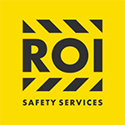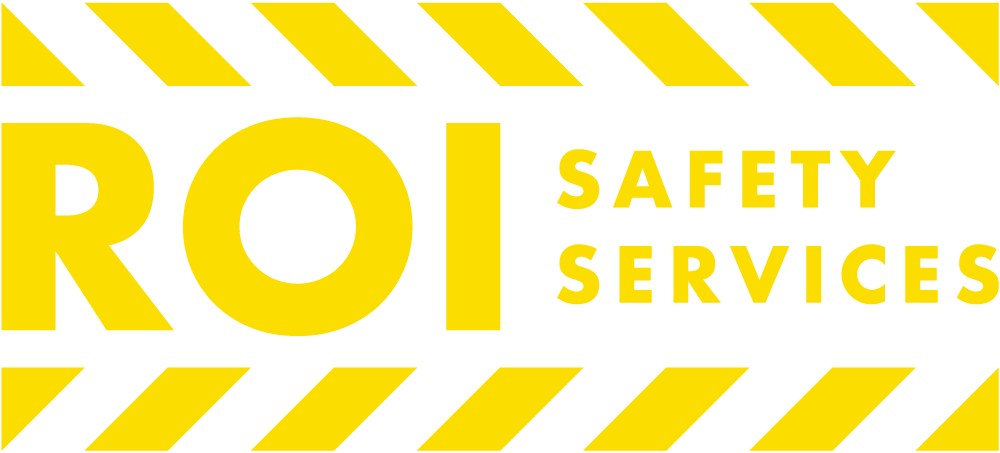
Various industries, including manufacturing, warehousing, and construction, require forklifts for efficiency. These machines lift and move heavy loads, making them integral to daily operations. However, operating a forklift requires skill and expertise to ensure occupational safety and prevent accidents. That’s why forklift operator certification is crucial for anyone who uses these machines or intends to operate them.
Why You Should Get a Forklift Operator Certification
Although forklifts make lifting loads and heavy items more manageable, they come with a fair share of susceptibility to cause property damage, serious injuries, or even death. Therefore, they require operators with specialized forklift skills to handle them correctly—otherwise, it can be catastrophic. These accidents can result in lost productivity, medical expenses, and endless legal liabilities—why not get a certification beforehand instead?
Objectives of OSHA training include:
- Produce operators with the proper knowledge and skill to use a forklift safely
- Create awareness and understanding of best safety practices in different workplaces to reduce accidents
Additional reasons for getting forklift operation certification:
Safety Purposes
An operator with the necessary knowledge and skills to operate a forklift is less likely to cause accidents than an untrained operator. A licensed operator can quickly identify potential hazards, use proper procedures to avoid incidents and keep themselves and those around safe by maintaining an appropriate distance.
Some of the safety practices when using a forklift include:
- Maintaining the required load capacity
- Skilfully manage elevated loads to prevent tipping
- Use horns when approaching blind spots
- Regular equipment servicing
- Retain optimal visibility at all times
Efficiency
Employees with better knowledge of operating the equipment will spot inadequacies, deal with them on the spot and ensure safety is achieved. Proper training leads to confident and capable forklift operators integral to your business operations with the following benefits:
- Increased productivity due to a conducive working environment
- Minimized property damages means reduced liabilities
- More organized operations lead to greater returns
- Reduced downtime in clean-ups or recuperating from losses
- Increased equipment durability
- Preparedness and alertness for potential disasters
Minimize Accidents
Accidents can happen in industries that require powerful machines like forklifts to ease the workload. Some operator error accidents may include:
- Imbalance of materials carried in the forklift leading to tipping over
- Forklift crushing on surfaces or packages
- A head-on collision between two forklifts
- A forklift running over a worker
However, proper training on prevention, identifying potential risks and safety procedures significantly reduce major incidents and fatalities in the workplace caused by operator error.
Reduces Financial Loss
Most incidents caused by forklifts are major injuries or fatalities with a significant financial burden to employers and employees. Medical bills could impact the financial status of a worker, whereas legal fees and extreme property loss will plague an employer. Therefore, regular in-house training is essential to reduce the financial burden on the business.
Compliance with OSHA Regulations
OSHA requires that all forklift operators be trained and certified to operate the machine safely. Failure to comply with OSHA regulations can result in fines and legal liabilities. However, OSHA does not certify a forklift operator, and the employer must ensure all the operators are well-trained and certified.
Forklift Operator Certification: What You Need to Know
Forklift operator certification involves training and evaluation to ensure operators have the necessary skills and knowledge to operate the machine safely. Here are some things you need to know about forklift operator certification:
Training Requirements
OSHA training standards differ depending on the area of operation; however, the basic training is more or less the same. Training requires that forklift operators receive formal training, including classroom instruction, practical training, and evaluation. The training should cover forklift operation, safety procedures, and hazard identification.
Certification Renewal
Forklift operator certification is valid for three years; after that, operators must renew their certification by completing a refresher course and evaluation. Notably, OSHA does not certify workers nor endorse third parties to provide training or renewal. The employer is accountable for ensuring all workers operating forklifts have active certifications.
Apart from certificate expiration, there are other situations when one needs to retrain and renew their OSHA certification. These include:
- The operator acts unsafely when operating a forklift
- The operator has not operated a forklift in a more extended period
- Repeated operator error accidents
- When essential safety standards have been updated
Employer Responsibilities
Employers are responsible for providing forklift operator training and certification to their employees. They must also ensure operators are properly trained and evaluated before operating a forklift. All workers in a factory, warehouse, or manual laborers must be thoroughly trained by the employer and get certificate renewals every three years.
Operator Responsibilities
Forklift operators are responsible for safety procedures, including maintaining safe distances from pedestrians and other equipment and reporting accidents or near misses to their supervisor. To safely operate a forklift, operators must have the following attributes:
- Ability to independently and responsibly operate the machinery
- Experience working with the equipment in an industrial set-up
- On-the-job training on how to operate the specific equipment
- Knowledge of conducting pre-checks and potential risks
- Know how to operate the machine, including maintenance and troubleshooting fully
Types of Forklifts
Several forklifts exist, including sit-down, stand-up, and reach forklifts. Operators must receive training and certification for the specific type of forklift they will be operating. The training covers using different forklifts, the controls placement, and navigating different terrains with the particular machine.
Get Your Forklift Operator Certification Today!
Are you an employer looking for a reputable forklift operator training institution for your employees? Or a beginner excited to start their journey as a forklift operator? Look no further than ROI Safety Services!
Our experts offer comprehensive safety training in line with OSHA requirements. Contact us today at (714)520-1608 to enroll in our forklift operator certification. Our team is ready to help you advance your career.

